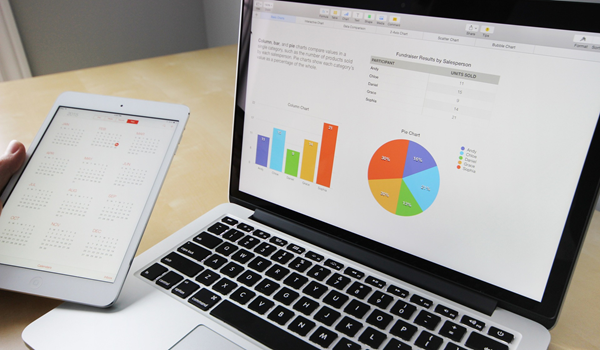Test Results
Test Results - Only Available between 13:30 and 16:00
Please note it is your responsibility to contact the Health Centre for your test results.
Please call after 13:30 to enquire about your test results as our reception staff will have more time to deal with your request.
Note that the practice has a strict policy regarding confidentiality and data protection. So we will only release your test results to you personally - unless you have given us permission to give them to someone else.
When you take your test you will be told how long it will be before the results are available.
It is your responsibility to check your results and to make an appointment (telephone or face to face) to discuss them with your doctor if you are advised to do so.
Blood Tests
If you have been given a blood test form and need to book a blood test, please click on the link below which will take you to the booking section of Basildon & Thurrock University Hospital.
http://www.basildonandthurrock.nhs.uk/blood-tests-online
A blood test is when a sample of blood is taken for testing in a laboratory. Blood tests have a wide range of uses and are one of the most common types of medical test. For example, a blood test can be used to:
- assess your general state of health
- confirm the presence of a bacterial or viral infection
- see how well certain organs, such as the liver and kidneys, are functioning
A blood test usually involves the phlebotomist taking a blood sample from a blood vessel in your arm and the usual place for a sample is the inside of the elbow or wrist, where the veins are relatively close to the surface. Blood samples from children are most commonly taken from the back of the hand. The childs hand will be anaesthetised (numbed) with a special cream before the sample is taken.
You can find out more about blood tests, their purpose and the way they are performed on the NHS Choices website.
X-Rays
An X-ray is a widely used diagnostic test to examine the inside of the body. X-rays are a very effective way of detecting problems with bones, such as fractures. They can also often identify problems with soft tissue, such as pneumonia or lung cancer.
If you have an X-ray, you will be asked to lie on a table or stand against a surface so that the part of your body being X-rayed is between the X-ray tube and the photographic plate.
An X-ray is usually carried out by a radiographer, a healthcare professional who specialises in using imaging technology, such as X-rays and ultrasound scanners.
You can find out more about x-ray tests, how they are performed, their function and the risks by visiting the NHS Choices website.

